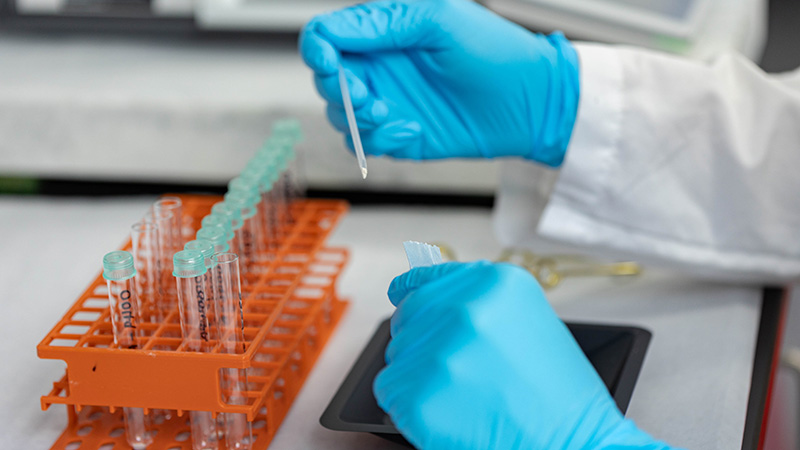Forensic Chemistry
As the forensic chemistry discipline covers a multitude of various topics ranging from drug identification to arson and explosives analysis, the research conducted at the CFSRE in this area is diverse. Our research in this field focuses on the identification of the botanical material, pills and powders; in particular, novel psychoactive substances (NPS) and the identification of toxic adulterants as well as evaluating emerging technology for forensic chemistry applications.
Toxic adulterants are defined as pharmacologically active substances that act on the Central Nervous System (CNS). When added to the various substances present in the street drug samples, they increase the user health risks by compounded interaction – or intrinsic toxicity. Learn More >
Seized drug and suspected counterfeit pharmaceutical testing provides an important source of intelligence information with respect to the novel psychoactive substance (NPS) market, which has recently garnered a large amount of interest within the forensic science community due to the widespread and increased availability of products. The CFSRE is a Drug Enforcement Administration (DEA) Schedule I Drug facility that utilizes state-of-the-art instrumentation including high resolution mass spectrometry and traditional techniques that aid in the identification of the botanical material and/or pills and powders. Learn More >
Since 2016, scientists at the CFSRE have been working on the assessment of portable tools for the analysis of seized material in the field. Additionally, the CFSRE is committed to evaluating new and emerging technology with forensic chemistry applications designed to streamline workflows or improve analytical capabilities. Learn More >











